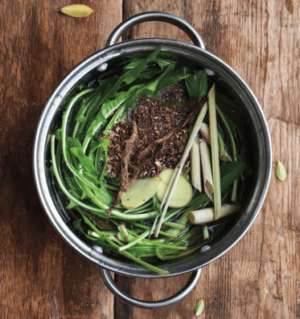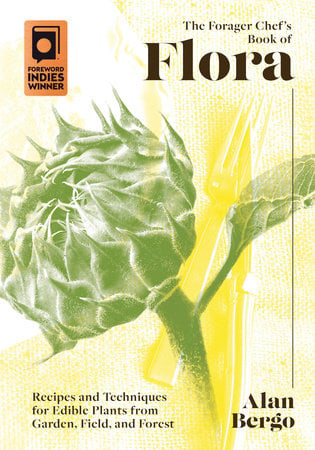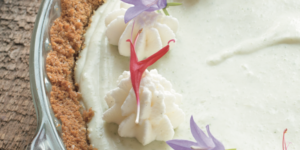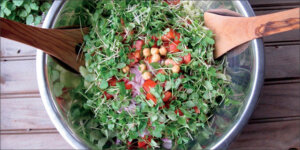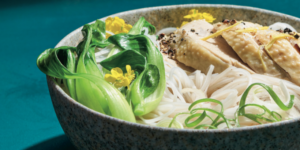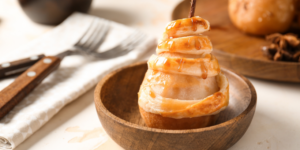Homemade Dandelion Beer
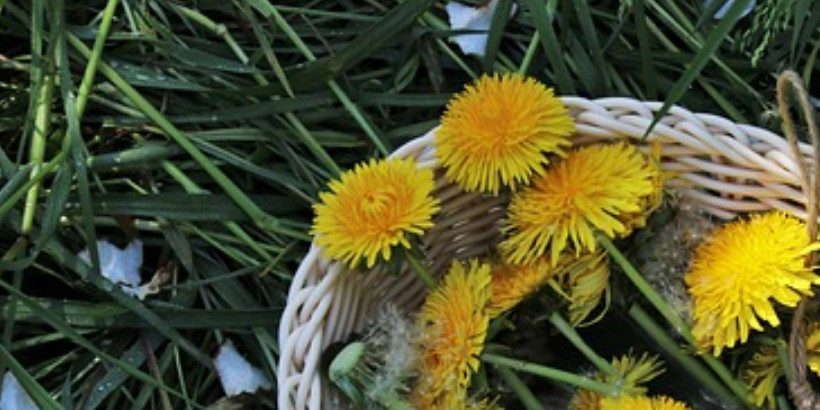
You can forget about waiting for your wine to ferment, because we have a recipe for dandelion beer that will be ready in just a week! Who knew those weeds in your backyard could make such a fun beverage?
The following excerpt is from Pascal Baudar’s Wildcrafting Brewer. It has been adapted for the web.
RECIPE: Dandelion Beer
Dandelions (Taraxacum officinale) can be found pretty much anywhere in the world. Like nettle beer, dandelion beer is deeply rooted (no pun intended) in the tradition of brewing medicinal herbal beers.
It’s mostly used as a tonic (the plant is a rich source of beta-carotene and vitamin C) but also offers health benefits for liver disorders, urinary disorders, and diabetes.
The flowers are used to make wine and are a good source of wild yeast. I like the beer more for its health benefits than its taste (not my favorite).
 Ingredients
Ingredients
- 1 gallon (3.78 L) water
- 1⁄2 pound (227 g) fresh dandelion greens
- 1⁄2 ounce (14 g) chopped dried dandelion roots (often available from natural food stores)
- 1 pound (454 g) brown sugar
- 1⁄2 ounce (14 g) gingerroot (cut finely or grated)
- 1 ounce (28 g) chopped fresh lemongrass or 3 lemons (optional)
- 1 ounce (28 g) cream of tartar
- Yeast (beer yeast or wild yeast)
Procedure
1. Bring the water to a boil and add the fresh greens and dried roots.
Boil for 20 to 30 minutes, then add the brown sugar, the ginger, the optional lemons (juice them first, then throw them in the brew as well), and the cream of tartar.
Boil for another 5 minutes.
2. Remove the pot from the heat and place it (with the lid on) in cold water. Change the cold water two or three times until your beer is lukewarm (around 70°F/21°C).
3. Strain into your fermenter (bottle, pot, or whatever you’re using), add the yeast (wild or commercial), and place an airlock (or clean towel) on top.
4. Ferment for 7 days. Start counting when the fermentation is active (this may take 2 to 3 days with a wild yeast starter), then bottle.
I don’t use any priming sugar. The fermentation is active, so I like to use a recycled plastic soda bottle to monitor for any excess carbonation and release it if necessary by opening the top slowly. The beer is meant to be drunk young, usually after 7 to 10 days.
Recommended Reads
Recent Articles
Nothing is quite as sweet as baking a dessert with ingredients you foraged for. This spruce tip key lime pie is simple, delicious, and sure to impress guests.
Read MoreWarm up with a bowl of soul-healing miso soup! Not only delicious, but also packed with amazing health benefits. Add your own twist to this humble base.
Read MoreDoes the cold weather have you dreaming about fresh greens and colorful salad? Tired of waiting for spring to enjoy fresh greens? Grow and harvest sprouts indoors to make those dreams a reality!
Read MoreWinter just got cozier! Our simple & nourishing soup is just what you need to cozy up on chilly days or nights! Delicious and nutritious, this soup is perfect for the whole family.
Read MoreIndulge in the sweet aroma of these pastry-wrapped pears! Easy to make and stunning to serve, these pastry-wrapped pears are a game-changer.
Read More

